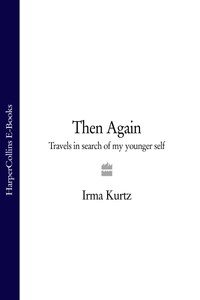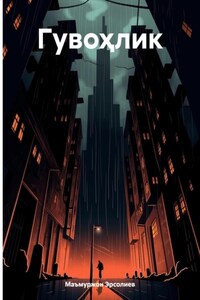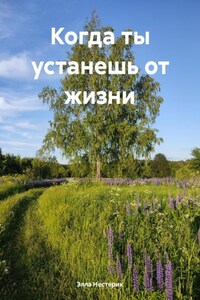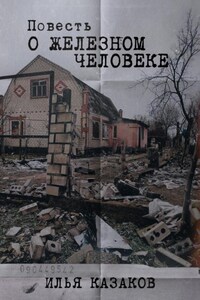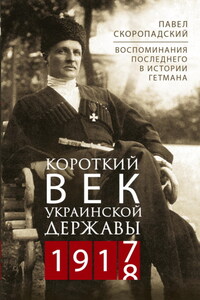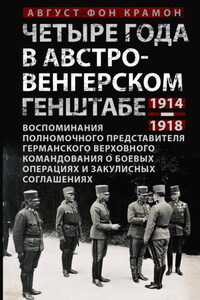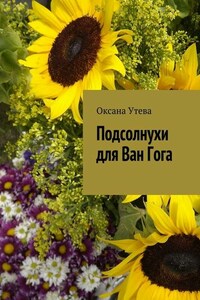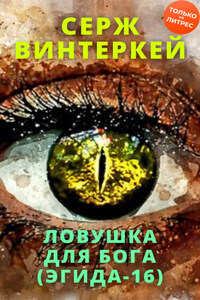Fourth Estate
An Imprint of HarperCollinsPublishers
1 London Bridge Street
London SE1 9GF
www.harpercollins.co.uk
First published in Great Britain in 2003 by Fourth Estate
Copyright © Irma Kurtz 2003
Irma Kurtz asserts the moral right to be identified as the author of this work
A catalogue record for this book is available from the British Library
All rights reserved under International and Pan-American Copyright Conventions. By payment of the required fees, you have been granted the nonexclusive, nontransferable right to access and read the text of this e-book on-screen. No part of this text may be reproduced, transmitted, downloaded, decompiled, reverse engineered, or stored in or introduced into any information storage and retrieval system, in any form or by any means, whether electronic or mechanical, now known or hereinafter invented, without the express written permission of HarperCollins e-books.
HarperCollinsPublishers has made every reasonable effort to ensure that any picture content and written content in this ebook has been included or removed in accordance with the contractual and technological constraints in operation at the time of publication.
Source ISBN:9781841156934
Ebook Edition © August 2016 ISBN: 9780007397723
Version: 2016-08-24
One way or another, the journey will end where it began. If the last stop does not return the traveller to the start, if it strands her somewhere strange, the beginning will come looking for her. And it will find her, too: in dreams, in madness, in rogue memories that thunder out of the blue, and in things. Individual memory tends to be a self-aggrandising, over-edited branch of the human imagination; those of us existentialists, however, whose nature is to live hard and fast in the here and now, are afflicted with gaping forgetfulness, recollection sieved, chronology all to pot. A small compensation for bad memory is an acute sensitivity to things. The walls of my flat are albums; my wardrobe is an archive; a ticket stub at the bottom of an old suitcase can stop my heart. Things more than aid my memories; things contain them. A name and number scribbled in the margin of a yellowing page; a hotel bill from years ago marking my place in an abandoned book, bronze iris or moss roses from the past blooming in a current garden; music, measurable too after all and a kind of thing; scents and flavour: these and countless other objects of virtue can return me instantly to points along the journey and where it all began.
I came across the old notebook on my last trip home. It is curious, after so much water under the bridge and so many keys on the ring, still to call the place I left three-quarters of my life ago ‘home’. But home sticks to where the traveller leaves her mother and America must always be my homeland because it is my mother’s land. I had no say in the matter. Practically every morning of my school years I stood shoulder to shoulder with others in my class and pledged allegiance to the flag and to the republic for which it stood, flapping in the dank breeze off the New Jersey marshland where we first-and second-generation Americans were growing up. And some of us, not many of the girls, outgrowing that place too, faster than we outgrew our patent-leather shoes called ‘mary janes’, gleaming under us like the hooves of circus ponies. You don’t often see patent leather on the feet of children these days, only occasionally in Latin cities where families walk out together on Sundays; there are fewer and fewer of such cities and such families. Right, left-right, left: those shoes were made for skipping. In my case for skipping town. When the leather cracked over the toes it showed buckram underneath. What has become of buckram? And taffeta, and starched cotton and faille, and all the stiff fabrics of a post-war childhood? My old notebook too is not a thing found easily today. It has a hard cover bound in black library tape that has not yielded or split in the half-century since I bought it for a nickel. What a nickel bought in the early 1950s costs around $3 now. On the other hand, what was an hour then passes now in fifteen minutes: illogical sums of ageing that make old folks fumble at checkout counters and turn up way too early or too late for buses and trains.
Nearly thirty years ago, when my mother was almost the age I am now, my father twelve years older than she, they sold our holiday house in the country and the flat in Jersey City where my brother and I had grown up, and they moved to a sheltered community near Princeton, New Jersey. On one of my visits not long after they had settled in, my father strolled out with me to have a look around. Mother had long before stopped walking to no purpose or destination, but my father’s body was strong and had outlived the full vigour of his mind by a decade or so; it was just the two of us trudging along side by side, more attuned in silence than conversation. Streets of the gated square mile were empty as usual, more or less identical cottages were laid out along them like pieces on a board game for players with fixed incomes and shrunken ambition. A few cars passed, driven slowly by white-haired women on their way to the community clubhouse or the cottage hospital or the shop; they put on speed in shows of bravado whenever they saw us trying to cross a street ahead of them. A group of chattering dowagers in shell-suits came towards us, a few of them were swinging mallets, apparently heading to the croquet green.
